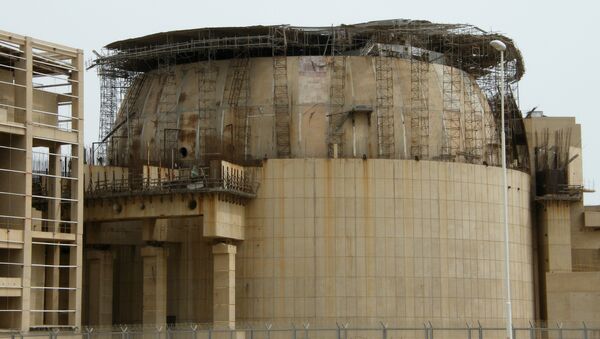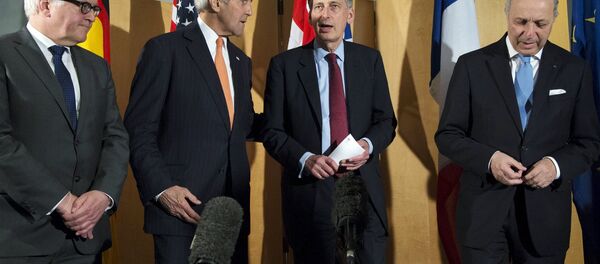The West seeks assurance that Iran is not developing weapons under the guise of their civilian nuclear energy program. The agreement would ease international economic sanctions against Iran in exchange for restrictions on Tehran's nuclear activities and increased monitoring of its facilities.
The negotiators have decided to agree on a political framework of the deal by the end of March.
"We very much believe we can get this done by [March] 31. We see a path to do that,” the official said as quoted by the newspaper.
However, he stressed that negotiations could stalled in light of a number of unsettled issues.
On Wednesday a senior Iranian diplomat said that Tehran was optimistic about the progress of talks and expected the West to assume a realistic approach to the proposed comprehensive nuclear agreement.
Last week, US President Barack Obama said that Washington is waiting for more concessions on the part of Tehran in the Iranian nuclear program dispute, stressing that there was a possibility that a final deal with the P5+1 group could be reached soon.
The next meeting between diplomats from Tehran and the P5+1 group — Britain, France, China, Russia, the United States and Germany — is set to kick off Thursday in the city of Lausanne, Switzerland.


